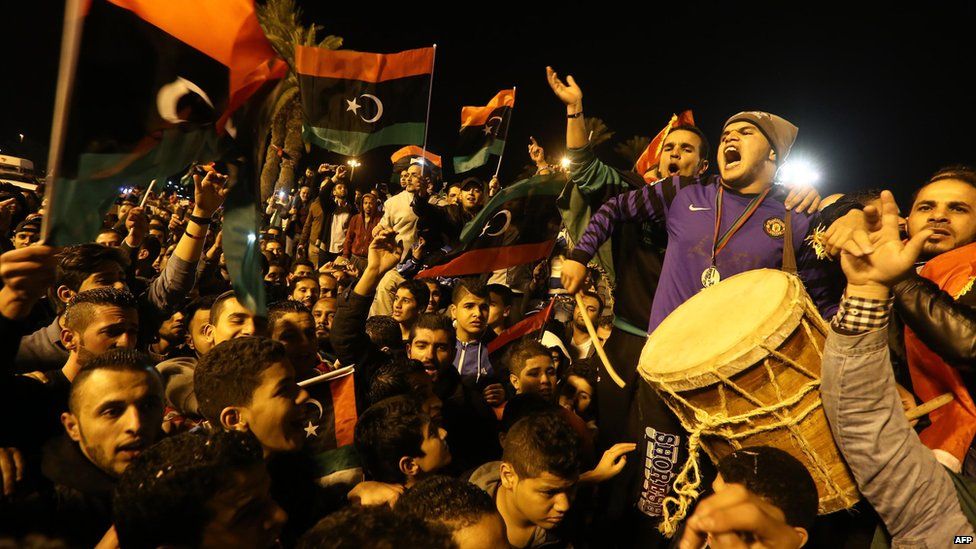To compensate for recurrent power cuts, many have invested in batteries to power basic appliances. The more affluent have bought powerful but noisy, polluting and diesel-guzzling generators, which can cost several thousand euros.
Read More: The Resilient Heart of Africa’s Tech Ecosystem Amidst Military Coups
The General Electricity Company resorted to lengthy load shedding during peak seasons over the past decade.
Until last year, power cuts could last 20 hours at a time in the capital, an unbearable situation without air conditioning when temperatures exceed 40 degrees Celsius, particularly for business owners.
“Before, we used to suffer a lot (with the power cuts) as we couldn’t just sell customers spoilt meat. But now, things are much better, customers buy fresh and clean meat and there’s always air conditioning,” rejoiced Mohammed al-Maghribi, butcher.
“There’s a significant and clear improvement from previous years in the electric network. Yet, there are still some issues related to strengthening the electrical grid, among other minor things. But thank God, there’s such an improvement in comparison with past years,” confirmed Lotfi Ahmad Aziz, Libyan citizen.
Read More: Nurturing Africa’s Biodiversity Through Innovation & Eco Education
Since the fall of Muammar Gaddafi in 2011, Libya has struggled with constant power shortages due to a damaged electrical network resulting from armed conflicts and looting. In July 2022, with new management at Gecol and a restructuring plan, coupled with a relative calm after years of war, electricity supplies have greatly improved. This positive development has also encouraged foreign companies to resume projects that had been stalled for years.
